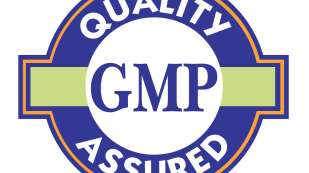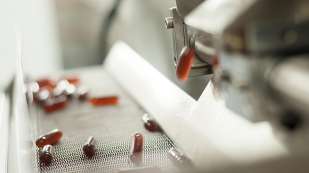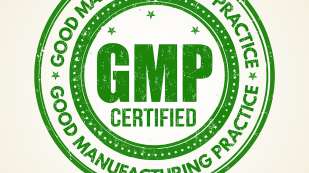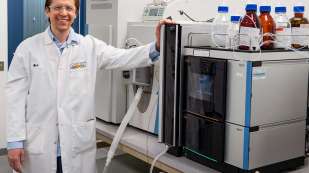Use coupon code CARDAMOM with your purchase of $40 or more for a free†
Cardamom OilDJ Blatner Wellness Q&A

DJ Blatner answers some of the top questions she is often asked by her community, so we thought you’d like to know, too!
1. What should I eat before & after a 30-60 minute workout?
Before a workout: You may need a light snack with carbs and protein such as a handful of nuts & a piece of fruit or half of a protein & fruit smoothie. Too much food before a workout can weigh you down. Some people prefer working out on an empty stomach, so I recommend staying hydrated with water and an electrolyte tab such as NOW® Sports Effer-Hydrate. Not eating before a workout is fine only if you do not feel weak or unable to push yourself. Many of my clients like to start workouts with NOW® Sports Beet Root Powder or Now Real Food® Organic Matcha Tea for a natural pre-workout energy boost. Ultimately, test different things to determine what feels best for your body and lets you get the most out of your workouts.
Within about 2 hours after a workout: It’s best to eat a regular balanced meal to get enough protein to rebuild tired muscles, carbs to replenish fuel stores (glycogen), and nutrients to repair cells.
2. If I don’t use a scale, how will I know my healthy eating is working?
Instead of judging success based on the scale, do “daily non-scale weigh ins” such as monitoring and tracking energy, sleep, cravings, mood, digestion, and/or mental focus. Find out even more details.
3. I am always bloated. What can I do?
I teach the Five F’s to better digestion:
- Fully chew. Digestion begins in your mouth. Chewing well helps the whole process.
- Fiber. Fiber & fluid work together to keep things moving. We need about 30 grams of fiber per day.
- Fluid. We need about half our body weight in ounces per day.
- Friendly bacteria. These are like good soldiers helping keep your digestive tract healthy. You can get them in foods such as yogurt, kefir, and sauerkraut.
- Fitness. Exercise can help strengthen your digestion & keep you regular.
4. How do I get enough protein eating a flexitarian diet?
Being a flexitarian means you are a “flexible vegetarian”. You eat mostly plants for protein but still can get some protein from animal sources such as poultry, beef, eggs, and dairy. My favorite plant-based protein sources are nutritional yeast, spirulina, seeds & seed butter, nuts & nut butter, lentils, beans, and organic soybean foods like edamame and tempeh. More details on the Flexitarian Diet.
5. I want to eat less processed food. Where do I start?
I wrote the Superfood Swap to help with just that. To help you determine which foods are overly processed, check the INGREDIENT LIST on food packages and choose ones that don’t have C.R.A.P. C.R.A.P. is an acronym I created that stands for Chemicals you don’t use in your own kitchen, Refined sugar & flour (the white stuff), Artificial flavors, colors, and sweeteners, and Preservatives. Choosing foods with less C.R.A.P is the first powerful step to healthier eating! Check out my smart swaps for a healthier routine.











